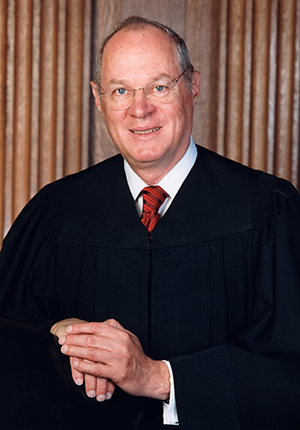Summary
One key area of debate under the First Amendment’s Establishment Clause is over the constitutionality of prayer in government settings, including public schools and legislative sessions. In the 1960s, the Supreme Court ruled that it was unconstitutional for public schools to lead schoolchildren in prayer or Bible reading, even on a voluntary basis. These cases received a great deal of public backlash, but the Court held its ground. At the same time, in settings involving adults, the Court has generally allowed government-sponsored prayers, upholding legislative prayers in the context of state legislatures and Congress. This case involved sectarian prayers at town council meetings. The Town of Greece opened its town meetings with a prayer delivered by local clergy who were selected by the town. Often, the prayers were sectarian, rooted in Christianity. Citizens sued the town—arguing that the government was sanctioning religion in violation of the First Amendment’s Establishment Clause. In a 5-4 decision, the Supreme Court rejected the challenge, pointing out that chaplains of various religions delivered the prayers and no one was coerced to pray. The Court also referenced the country’s long tradition of legislative prayer, which began with the First Congress.






